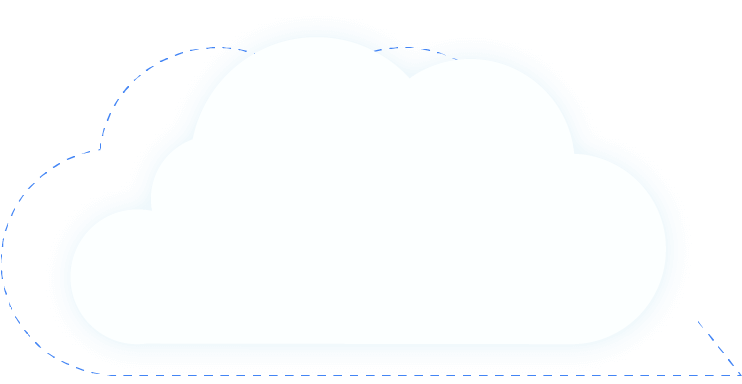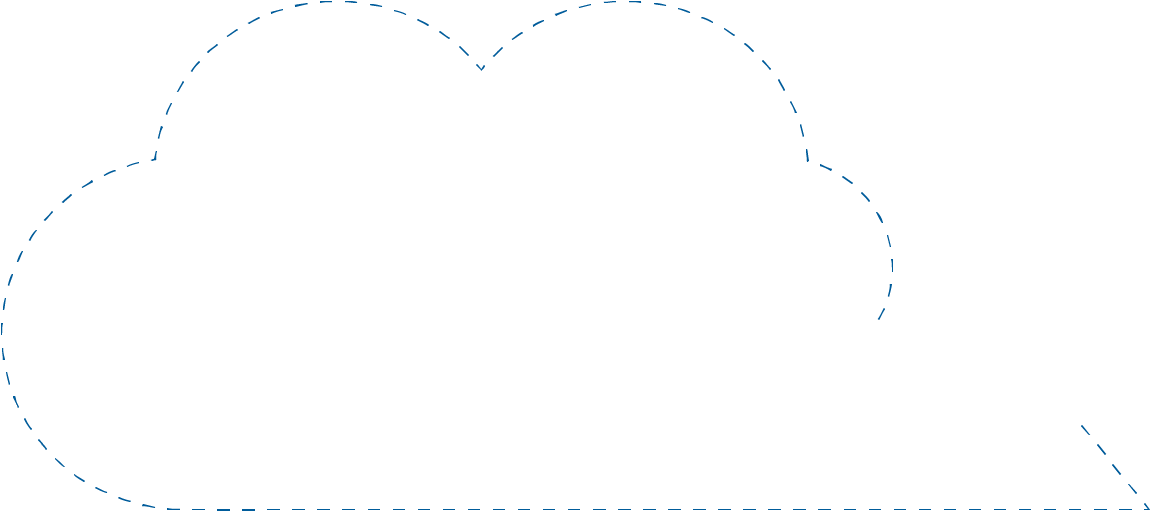
Overview
This course introduces participants to MLOps tools and best practices for deploying, evaluating, monitoring and operating production ML systems on Google Cloud. MLOps is a discipline focused on the deployment, testing, monitoring, and automation of ML systems in production. Machine Learning Engineering professionals use tools for continuous improvement and evaluation of deployed models. They work with (or can be) Data Scientists, who develop models, to enable velocity and rigor in deploying the best performing models.
Duration: 8h

Objective
After completing the course, students will have the following knowledge:
- Identify and use core technologies required to support effective MLOps.
- Configure and provision Google Cloud architectures for reliable and effective MLOps environments.
- Implement reliable and repeatable training and inference workflows.
- Adopt the best CI/CD practices in the context of ML systems.
- Operate deployed machine learning models effectively and efficiently.

Audience
- Data Scientists looking to quickly go from machine learning prototype to production to deliver business impact.
- Software Engineers looking to develop Machine Learning Engineering skills
- ML Engineers who want to adopt Google Cloud.
prerequisite
- Have completed Machine Learning with Google Cloud or have equivalent experience.

OUTLINE
01
Why and When do we need MLOps
Discuss Data Scientists' pain points.
Identify ML Engineering characteristics and challenges.
Define how Google Cloud can help with MLOps.
Recognize how MLOps differs from manual ML management.
Compare and contrast DevOps vs MLOps.
02
Understanding the Main Kubernetes Components (Optional)
Define what is a Docker container.
Create Docker containers.
Identify the architecture of Kubernetes: pods, namespaces.
Create Docker containers using Google Container Builder.
Store container images in Google Container Registry.
Create a Kubernetes Engine cluster.
Manage Kubernetes deployments.
03
Introduction to AI Platform Pipelines
Identify the benefits and opportunities of AI Pipelines.
Define Access Controls within AI Pipelines.
Recognize pipeline components.
List pipeline workflows.
Set up AI Platform Pipelines.
Create a machine learning pipeline.
Run a machine learning pipeline.
Connect to AI Platform Pipelines using the Kubeflow Pipelines SDK.
Configure a Google Kubernetes Engine cluster for AI Platform Pipelines.
04
Training, Tuning and Serving on AI Platform
Identify the main concepts of MLOps on AI Platform.
Create a reproducible dataset.
Implement a tunable model.
Build and push a training container.
Train and tune a model.
Serve and query a model.
05
Kubeflow Pipelines on AI Platform
Recognize how Kubeflow Pipelines fits in MLOps.
Describe a Kubeflow Pipeline with KF DSL.
Use the various Kubeflow components.
Compile, upload, and run a pipeline build in Kubeflow Pipelines.
06
CI/CD for Kubeflow Pipelines on AI Platform
Create Cloud Build Builders.
Configure pipelines with Cloud Build.
Create triggers for training models using Cloud Build Triggers.
Adopt the best CI/CD practices in the context of ML systems.
07
Summary
Summarize the course.
Study with
Google Cloud expert











Student feedback
Cloud Ace Training
Bringing great experiences to students


Trần Tuấn Anh
IT

Nguyễn Ngọc Minh Thy
Data Engineer

Trương Quốc Thắng
Data Engineer

Phạm Văn Hùng
IT

Dương Minh Phương
Engineer

REGISTER NOW
TO BECOME " GOOGLE CLOUD EXPERT"

câu hỏi thường gặp
![]() Cloud Ace is a Google Cloud training unit, so it does not organize exams and provide Google Cloud certifications. Cloud Ace only supports providing certificates of course completion for students while waiting for the Google Cloud certification exam
Cloud Ace is a Google Cloud training unit, so it does not organize exams and provide Google Cloud certifications. Cloud Ace only supports providing certificates of course completion for students while waiting for the Google Cloud certification exam
In addition, if you want to take the Google Cloud certification exam, Cloud Ace will guide you to register for the Online or Offline exam at the authorized Google Cloud test centers in Vietnam.
![]() Of course, during the learning process, you will constantly be solving quizzes, simulated mock tests that are similar to Google Cloud's actual exam questions. In addition, Cloud Ace also provides Dump questions that are constantly updated with question types, exam questions from Google Cloud to help you have the best preparation for the exam.
Of course, during the learning process, you will constantly be solving quizzes, simulated mock tests that are similar to Google Cloud's actual exam questions. In addition, Cloud Ace also provides Dump questions that are constantly updated with question types, exam questions from Google Cloud to help you have the best preparation for the exam.
![]() Of course. You will be supported by Cloud Ace during the learning process and even at the end of the course. You can interact with the Trainer via Slack, email hoặc qua Group Google Cloud Plartform User HCM để được các Trainer hỗ trợ nhé.
Of course. You will be supported by Cloud Ace during the learning process and even at the end of the course. You can interact with the Trainer via Slack, email hoặc qua Group Google Cloud Plartform User HCM để được các Trainer hỗ trợ nhé.
After completing the course, if you have any questions about the knowledge or have difficulties in implementing the project on Google Cloud, you can contact the Trainer for answers.
![]() The Google Cloud course is not only suitable for software engineers or system development engineers, but also suitable for data processing engineers such as Data Analytics, Data Engineer, Data Scientist.
The Google Cloud course is not only suitable for software engineers or system development engineers, but also suitable for data processing engineers such as Data Analytics, Data Engineer, Data Scientist.
In addition, if you are a Marketer or working in the field of finance, banking, e-commerce, logistics .... constantly faced with big data to solve, then you can refer to the courses Big Data Machine Learning Fundamental or From Data to Insight on Google Cloud Platform courses to refer to simple data processing and create professional reports on Google Cloud.


